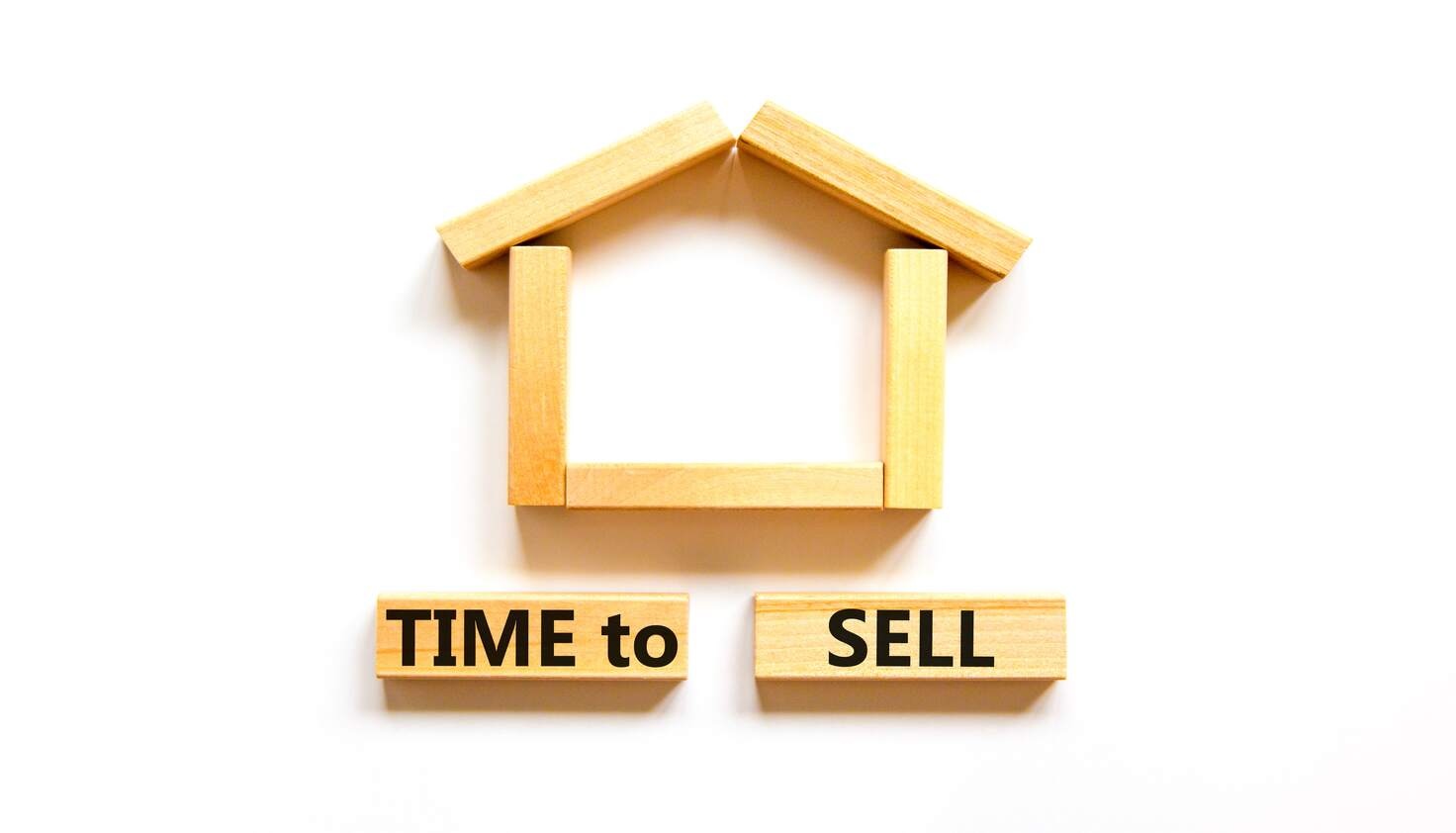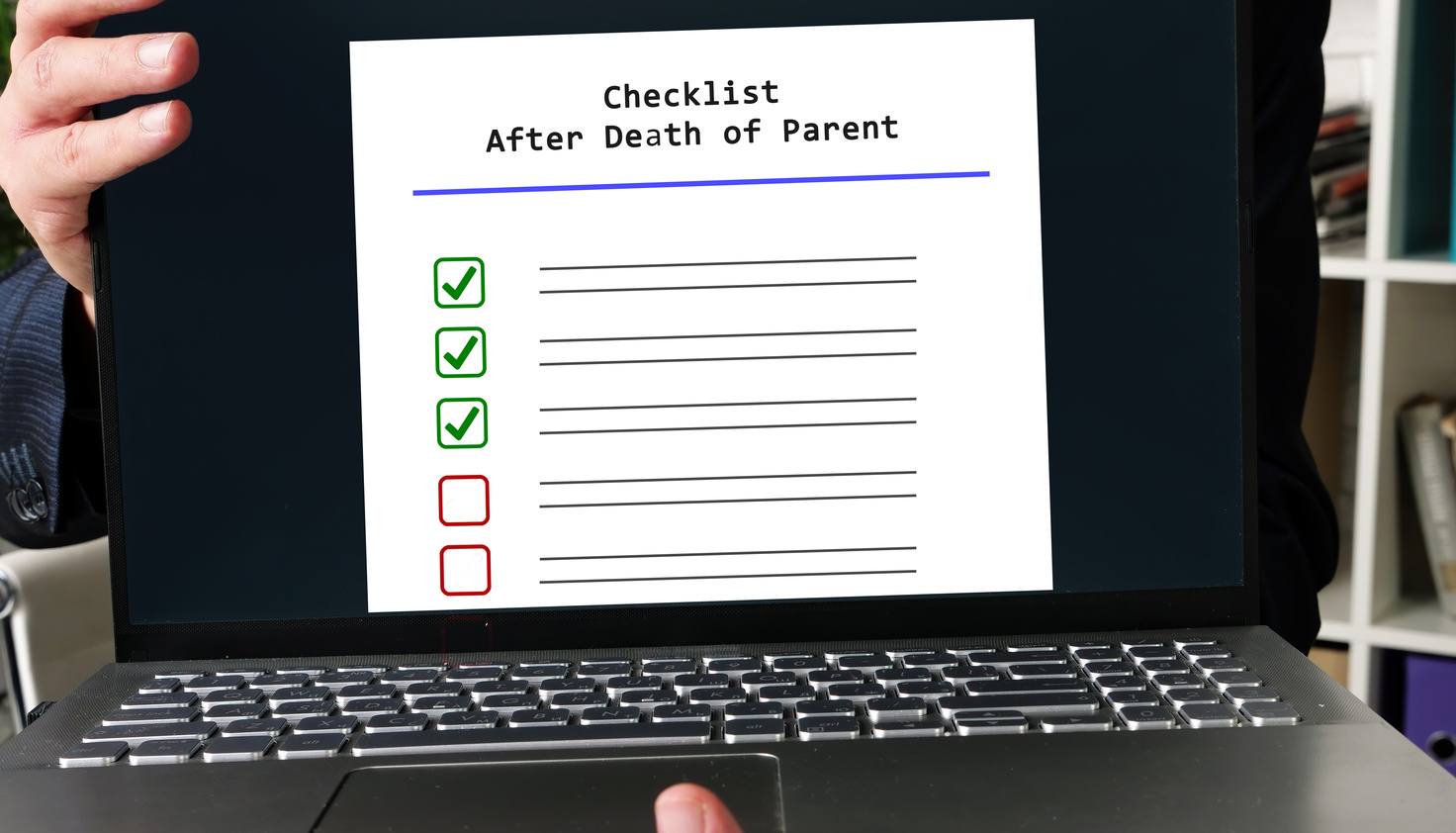Few things are more nerve-wracking than not knowing how long it will take to sell your house.
And when your home is listed on the market?
You bite your nails waiting for a buyer to derail the process with an inspection contingency that hits the reset button on your sale.
In other words, not knowing your timeline can be unsettling at best.
And agonizing at worst.
According to a survey conducted by the National Association of Realtors, the average home was on the market last year for a median time of 14 days.
But that doesn’t include all the time those sellers spent prepping and finalizing their sales after they accepted an offer.
So, from start to finish, how quickly can you sell your home?
To answer that, you need to know these three things:
- The typical timeline of each stage in the home selling process
- Factors that can impact the time to close on a property
- Ways to speed up the sale of a home.
Let’s jump in.
Typical home sale timelines
Knowing how long each phase of the home selling process typically takes can help you build a more realistic timeline.
At a high level, here are the four important stages and their usual timelines.
Preparing to sell
Getting your home ready involves critical decisions with varying implementation times.
This is when you decide:
- Which agent you’re going to hire
- What upgrades and repairs you’ll complete
- Whether you’ll hire service professionals or DIY.
The steps you take in this first phase can dramatically impact how long it takes for your house to sell — so it’s critical not to rush it.
You’ll want to factor in about one to two weeks to research, meet with, and hire your realtor.
The exact timeframe for any prep work on your home depends on which improvements you plan to tackle.
And whether you have a professional do the work.
Here are some general timeframes for how long upgrades and repairs can take:
- 90-120 days – Significant upgrades (kitchen, bathroom, basement, layout changes, etc)
- 30-60 days – Medium upgrades (flooring, painting, landscaping, etc.)
- 14 days – Minimal home prep (basic cleanup and touch-ups)
So depending on how much work your home needs, getting your house ready to sell can take anywhere from a few weeks to a few months.
Pre-listing marketing
Your real estate agent will start working on their marketing plan once the heavy prep work for your home is done.
This can include:
- Finalizing your listing price: Your agent should conduct a comparative market analysis to help you determine the best price to list your home at.
- Staging your home: Stagers typically need one to three days to maximize your home’s appeal to potential buyers. You may also need to spend time removing personal belongings.
- Taking photos: Your agent should hire a professional photographer to ensure the photos show your house in the best light.
- Advertising that your home is coming soon: Igniting a “coming soon” marketing campaign can help draw interest before your listing hits the market.
Planning and executing these marketing tasks usually takes three to 10 days, depending on whether your house is staged.
Time on market (listing to accepted offer)
You’ve done all your prep work. Your marketing plan is in place. Now, it’s go time.
This stage of selling your home is where things can get a little less predictable.
I’m talking about your home’s “days on the market” — from when you officially list the house to when you accept an offer.
That timeframe includes negotiating with potential buyers, including making counter-offers.
And there can be quite a range.
Best case scenario?
Less than seven days for an offer from a cash buyer with a quick close.
Worst case?
Several months or longer.
There’s a wide range because several factors impact the average time on market for a residential property (we’ll explore below).
From accepted offer to closing day
The standard time it takes to sell a house once an offer is accepted ranges from 21-60 days.
This is the agreed-upon timeframe between the buyer and the seller that is outlined in the purchase agreement.
Most real estate professionals refer to this final selling phase as “days to close” or “time to close escrow.”
The time it takes to close mostly depends on local market conditions and the type of loan the buyer is obtaining.
For example, FHA loans generally take a bit longer to close compared to a conventional mortgage.
The average closing time of the buyer’s mortgage lender also affects the duration of the closing process.
Some mortgage lenders can close faster than others.
Factors that impact the house-selling timeline
I know what you’re thinking:
The timeline for selling a house seems to have quite a range!
Can we get more specific so I know how fast I can sell my house?
Yes, we can dial it in a bit more.
But to do that, you’ll need to consider five key factors that can impact the time it takes to close on a property.
Local market conditions
The real estate market conditions in your area can have a major impact on how quickly your home sells.
How?
Supply and demand.
When the demand (number of interested buyers) exceeds housing supply (the number of properties for sale), it’s a buyer’s market.
But when the opposite occurs, you have a seller’s market.
For instance, houses in rural areas typically sit on the market longer than those in urban areas.
Why?
Fewer buyers look for homes in rural areas.
What about a house located in a suburban area and in a desirable neighborhood?
It’s probably going to garner more interest.
Same for a property in an area with a booming job market.
Those are microeconomic factors at play — things that shape your local real estate market.
But macroeconomic factors can also influence the time it takes to sell a house in your area.
How?
One example is interest rates.
Lower rates enable buyers to get more house for less money.
This increase in purchasing power typically boosts buyer demand, which can shorten the time it takes for a seller to get an offer.
Seasonality can also impact the duration of the home selling process.
Here’s the important thing to keep in mind…
Understanding the market conditions in your area can guide you in knowing the best time to sell your house.
You can do this by leveraging the help of a skilled real estate agent.
List price
Your home is worth what a buyer is willing to pay for it.
Why does that matter?
Because your listing price is the biggest factor in determining how long it will take to sell your home.
An exaggerated “asking price” is why you see listings sit on the market.
As a seller, this is the worst position to be in because a stale listing makes buyers wonder what’s wrong with the property.
This is why some sellers end up chasing the market with price reductions.
Now let’s take the flip side…
A price too low will make a home sell quickly but can result in lower net proceeds.
This is where you need to trust that your agent is helping you explore an effective pricing strategy.
And that they’re not guiding you on a price for their benefit (more on this shortly).
But the critical aspect for you is to stay unbiased.
Your “asking” price does not mean the highest number your home can sell for.
Houses sell above their asking prices everyday, especially in a seller’s market.
Yet, even in a high-demand real estate market, some homes remain on the market for an extended period of time.
The primary reason?
An inflated asking price.
The trick is to understand the fair market value of your home –– and then set a price that will attract attention –– without underpricing.
Property condition
The condition of a house doesn’t just impact the sale price –– it can also affect how long it will take to sell.
In many cases, a home in tip-top shape will generate high demand.
While a home that needs work will deter buyers.
There are two reasons for this…
First, if a home needs minimal work, that means less hassle for the new owner.
And second…
Buyers can essentially finance the upgrades in the home they’re purchasing rather than paying for them out of pocket.
Sometimes the impact of a home’s condition seems obvious.
For instance, buyers often hesitate to make offers when they see obvious signs of:
- Mold
- Water damage
- Foundation issues.
But even minor, correctable issues can delay potential sales.
This is where your other pre-listing decisions come into play.
For instance:
- Are your paint colors outdated?
- Is your flooring old?
- Are the appliances on their last leg?
- Could the bathrooms or kitchen use minor cosmetic upgrades?
- How’s your curb appeal?
Your home doesn’t need to be completely remodeled for it to sell fast.
Low-cost visual upgrades can easily help secure a faster sale.
The key is to accurately factor your property’s condition into your list price.
Negative selling features of your house
Think like a buyer for a minute.
Is there anything about your property that you might not find appealing?
Something that may be a deal-breaker if the price isn’t right?
Maybe your home is located…
- On a busy street
- At a T intersection
- Near an airport or railroad tracks
- Close to electrical transformers
- In a flood zone.
These location factors can turn some buyers away.
And so can other features of a home.
For instance, maybe open layouts are popular in your neighborhood but all of the rooms in your home are separated by walls.
Or maybe your property is located in a good area but with low-rated schools.
Negative selling features can be the reason why a home takes longer to sell.
That’s why identifying any potential drawbacks is one of the important things to do before selling a house.
This will help you factor any possible deal-breakers into your pricing strategy.
Tips to speed up your home sale
How long a home takes to sell is impacted by many different factors.
Some of these timeline elements are out of your control — but some aren’t.
Here are three tips to keep in mind that will help expedite the sale of your house.
Avoid getting stuck in a restrictive listing agreement
Search homes for sale in your area and look at the listings that have been sitting for an extended number of days.
There’s a high probability that many of those sellers wished they knew what to watch out for with real estate agents.
Why?
Because some listing agents are very good at convincing a homeowner they can sell their home for an inflated number.
The agents who do this have one goal…
To get the seller locked into an exclusive contract, aiming for a commission with the knowledge that the overpriced house will linger on the market.
The problem?
Overpriced homes trigger a psychological effect with buyers.
Essentially, “unwanted” signals “undesirable,” pushing the sale price down on the stale listing.
Here’s how you can significantly boost your chances of avoiding this…
Don’t get locked into a listing agreement with your agent.
Having the option to cancel (without owing any commissions) essentially removes any “guaranteed” commission.
This is one reason why we require top agents to allow a flexible agreement before matching them with sellers.
It reduces the chances of a real estate agent overpromising.
So be sure a cancelable agreement is one of the qualifications you look for when picking a realtor to sell your house.
Because that flexibility will keep your agent motivated to sell your home quickly.
Consider seller concessions
Seller concessions are credits home sellers provide to cover some or all of the buyer’s closing costs.
They can help speed up your sale without lowering your price.
Here’s how you can take advantage of this…
First, discuss potential concessions with your agent before you list your home –– but after you finalize your asking price.
This is key.
You’ll risk having your agent recommend a lower price if you tell them that you’re thinking about giving the buyer a “credit” before finalizing what number you’ll list your house at.
Next, clarify with your agent what the buyer’s estimated costs might be (this is based on a home’s sale price).
And then decide how much you want to offer as a credit.
This can be an amount that covers all or part of the buyer’s costs.
It’s up to you.
Then ask your real estate agent to market this incentive when your listing goes live.
They can do this in the private remarks in your local MLS (database where agents upload listings) so that buyer’s agents are aware of the credit when viewing your listing.
Marketing an incentive to potential buyers can increase the chances of your house selling quickly.
This is especially true if other listings in your area aren’t offering a buyer incentive.
Seller concessions are less common in seller’s markets than in buyer’s markets.
But they can help shorten the amount of time it takes to sell a house in any real estate market.
Be sure potential buyers are vetted
Want to avoid having to put your house back on the market?
Then don’t accept an offer from an unvetted buyer.
Because an unvetted buyer is much more likely to send a real estate transaction sideways.
While a well-qualified buyer will help close a sale faster.
There are three things you want to make sure are evaluated when you get an offer:
- Purchase contract
- Pre-approval letter
- Proof of funds.
If you’re thinking of selling on your own, you should reconsider.
Evaluating prospective buyers is one of the reasons why you need a realtor to sell your house.
Here’s what to look at when combing through the buyer’s offer:
- Purchase price
- Contingencies (e.g. home inspection)
- Closing date
- Percentage of down payment
- Request for a seller’s credit.
The buyer’s pre-approval letter doesn’t guarantee they’ll be able to get a mortgage.
But it does significantly boost their likelihood of securing a loan.
The important thing here is to contact the buyer’s loan officer and ask the right questions.
Things like knowing the buyer’s debt-to-income ratio and overall financial picture are key.
Having the buyer submit their proof of funds (generally the first page of bank statements of liquid funds) verifies they have enough for their down payment and closing costs.
Screening a buyer is crucial for reducing the time it will take to sell your house.
So make sure this vetting process doesn’t get overlooked.
Shorten your time on the market
As evident, there’s no one-size-fits-all answer to determining how long it will take to sell your house.
Every selling situation (and seller) is different.
The work you and your agent do in each phase will play a big role in determining the duration of your home sale process.
Ultimately, landing a faster sale comes down to critical factors such as:
- Smart planning
- A strategic pricing strategy
- Effective marketing techniques.
Much of that work starts with your real estate agent — and having a good one can make all the difference.
Ready to start the selling process or shift your strategy?
Our no-cost service can help you sell faster by connecting you with an elite agent in your area.
We match sellers with top real estate professionals nationwide, ensuring they meet our strict criteria.





